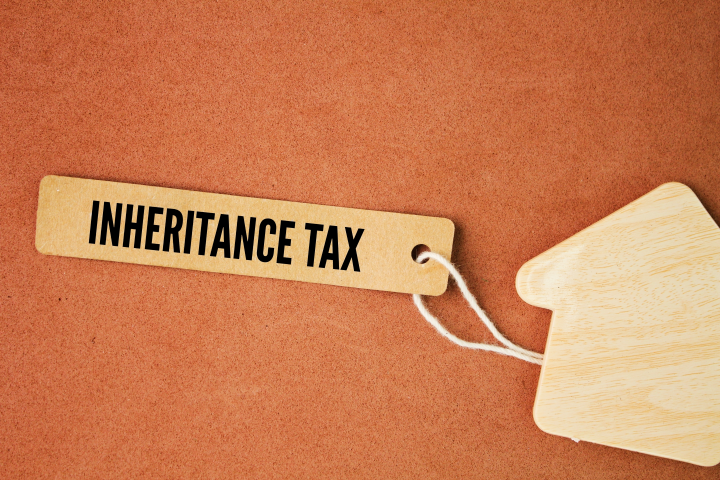
This strategy relates to the Residence Nil Rate Band (RNRB), a valuable relief on inheritance tax that kicks in when individuals pass on the family home to their direct descendants. It provides an additional threshold of £175,000 per person, or £350,000 for a couple when combined with the standard nil rate band.
But there’s a catch. For estates worth over £2 million, the RNRB is gradually tapered away at a rate of £1 for every £2 over the threshold. Once your estate exceeds £2.35 million, or £2.7m, where a partner’s allowance has been passed on, the allowance disappears altogether. For high-net-worth individuals, this taper can erode a significant benefit intended to protect the family home.
Passing on assets can help reduce the value of an estate, but that’s not an option when you need continued use of them or do not wish to pass them on until death. However, there is a potential workaround involving a legitimate form of last-minute tax planning combined with what is known as a Potentially Exempt Transfer (PET).
Under PET rules, a gift made during someone’s lifetime is exempt from inheritance tax if the donor survives for seven years. If they die within that period, the gift is brought back into account for tax purposes. But here’s the crucial detail: PETs are not included when calculating the value of the estate for the RNRB tapering rule. This means that a gift made shortly before death will reduce the value of the estate for the purposes of RNRB, even if the donor only survives the gift by a very short time. This can reinstate the full £175,000 tax-free allowance – or £350,000 if a partner has passed on their allowance to the survivor – with a potential inheritance tax saving of up to £140,000 on larger estates over £2.7m.
As ever, expert advice is essential. James McMullan, estate planning specialist with West End law firm RIAA Barker Gillette (UK) said:
“This is one of the few occasions where acting at the last minute can still bring huge benefit to your estate planning. The tax saving can be substantial, but timing, advice and precision are everything and the rules can easily trip up those who aren’t aware of the details.”
For example, an estate worth £2.2 million would see its Residence Nil Rate Band reduced by £100,000 due to tapering. But a gift of, say, £250,000 made shortly before death will bring the estate back under the £2 million threshold so that the full RNRB allowance is available, saving their heirs £40,000 in inheritance tax.
James added:
“While it may sound surprising, the law allows this route because PETs are deliberately excluded from the RNRB tapering test. In effect, the estate is judged on its value at death, excluding recent gifts, so creating an opportunity for savvy planning at a sensitive moment.”
Some of the other considerations to take into account include:
- Capital Gains Tax (CGT): Gifting assets such as property or shares may trigger CGT, depending on the circumstances and the asset’s value.
- Impact on beneficiaries: The recipient of the gift may have tax or financial planning implications of their own to consider.
- Record-keeping and disclosure: Accurate records and timely professional advice are crucial to ensure the gift is treated correctly by HMRC.
James added:
“For those with estates near or above the £2 million threshold, understanding how lifetime gifts interact with the RNRB can mean the difference between losing a valuable relief and passing on a larger legacy to the next generation.”
Contact James McMullan today for clear, expert guidance on the Residence Nil Rate Band, or how to preserve your family’s wealth, reduce your inheritance tax exposure, and secure a stronger financial legacy for the next generation.
Note: This is not legal advice; it provides information of general interest about current legal issues.
